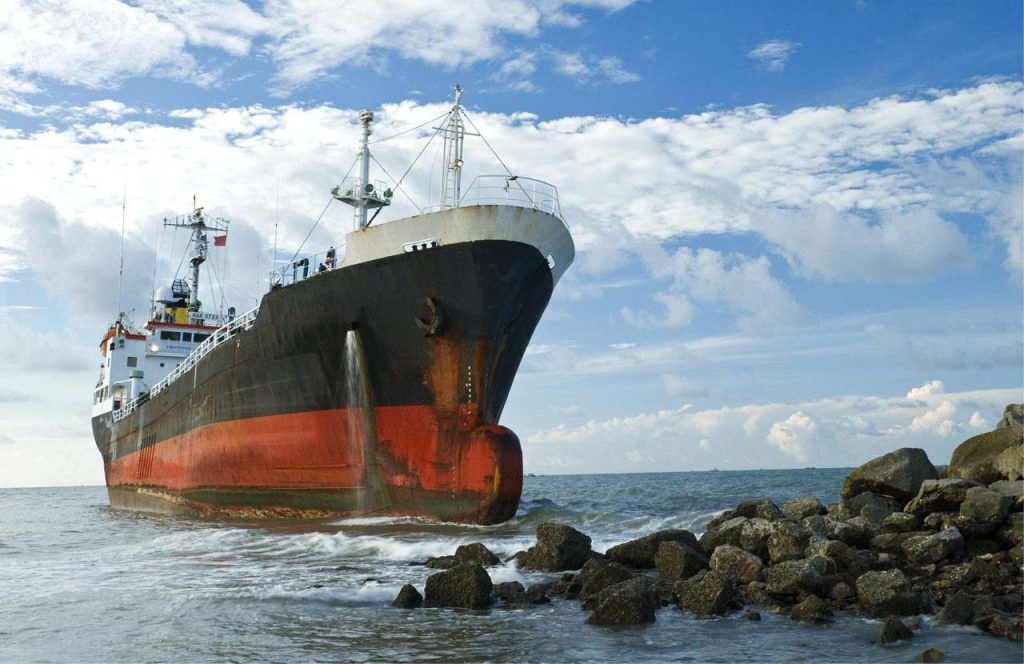- Floating Policy
- Voyage Policy
- Time Policy
- Mixed Policy
- Named Policy
- Port Risk Policy
- Fleet Policy
- Single Vessel Policy
- Blanket Policy
Floating policy
Large exporters may opt for an open policy, also known as a blanket policy, instead of taking insurance separately for each shipment. An open policy is a one-time insurance that provides insurance cover against all shipments made during the agreed period, often a year. The exporter may need to declare periodically (say, once a month) the detail of all shipments made during the period, type of goods, modes of transport, destinations, etc.
Voyage policy
A specific policy can be taken for a single lot or consignment only. The exporter needs to purchase insurance cover every time a shipment is sent overseas. The drawback is that extra effort and time is involved each time an exporter sends a consignment. With open policies, on the other hand, shipments are insured automatically.
Time policy
Time policy is generally issued for a year’s period. One can issue for more than a year or they may extend to complete a specific voyage. But it is normally for a fixed period. Also under marine insurance in India, time policy can be issued only once a year.
Mixed policy
Mixed policy is a mixture of two policies i.e Voyage policy and Time policy.
Named policy
Named policy is one of the most popular policies in marine insurance policy. The name of the ship is mentioned in the insurance document, stating the policy issued is in the name of the ship.
Port Risk policy
It is a policy taken to ensure the safety of the ship when it is stationed in a port.
Fleet policy
Several ships belonging to the company/owner are covered under one policy. Where it has the advantage of covering even the old ships. Also the policy is a time based policy.
Single Vessel policy
In single vessel policy only one vessel is covered under marine insurance policy.
Blanket policy
In this policy, the owner has to pay the maximum protection amount at the time of buying the policy.
Coverage under various policies:
The coverage provided by marine insurance can be understood by going through the risks handled by the insurance policies loaded with various insurance clauses:
- Institute Cargo Clause C provides basic coverage and includes a restricted list of risk covers. It covers the shipment against events such as fire, discharge of cargo in case of distress, explosion, accidents like sinking, capsizing, derailment, collision, etc.
- Institute Cargo clause B offers an additional layer of protection. Not only does it include all the risk covers provided under Clause C, but it also covers the shipment against events such as earthquake, volcanic eruption, and damage due to rainwater, seawater, river water, etc., and loss to package overboard or during loading and unloading.
- Institute Cargo Clause A provides maximum coverage as it covers all risk of loss or damage to the goods. Apart from the risks covered under Clauses B and C, it also covers losses due to breakage, chipping, denting, bruising, theft, non-delivery, all water damage, etc.
- Risks such as wars, strikes, riots, and civil commotions are not covered under the institute cargo clauses. However, the insurer may provide this cover on payment of additional marine insurance premium.
- So in terms of coverage, these three types of marine insurance clauses: Institute Cargo Clauses A, B, and C. Clause A provides maximum coverage, Clause C provides basic risk coverage.


